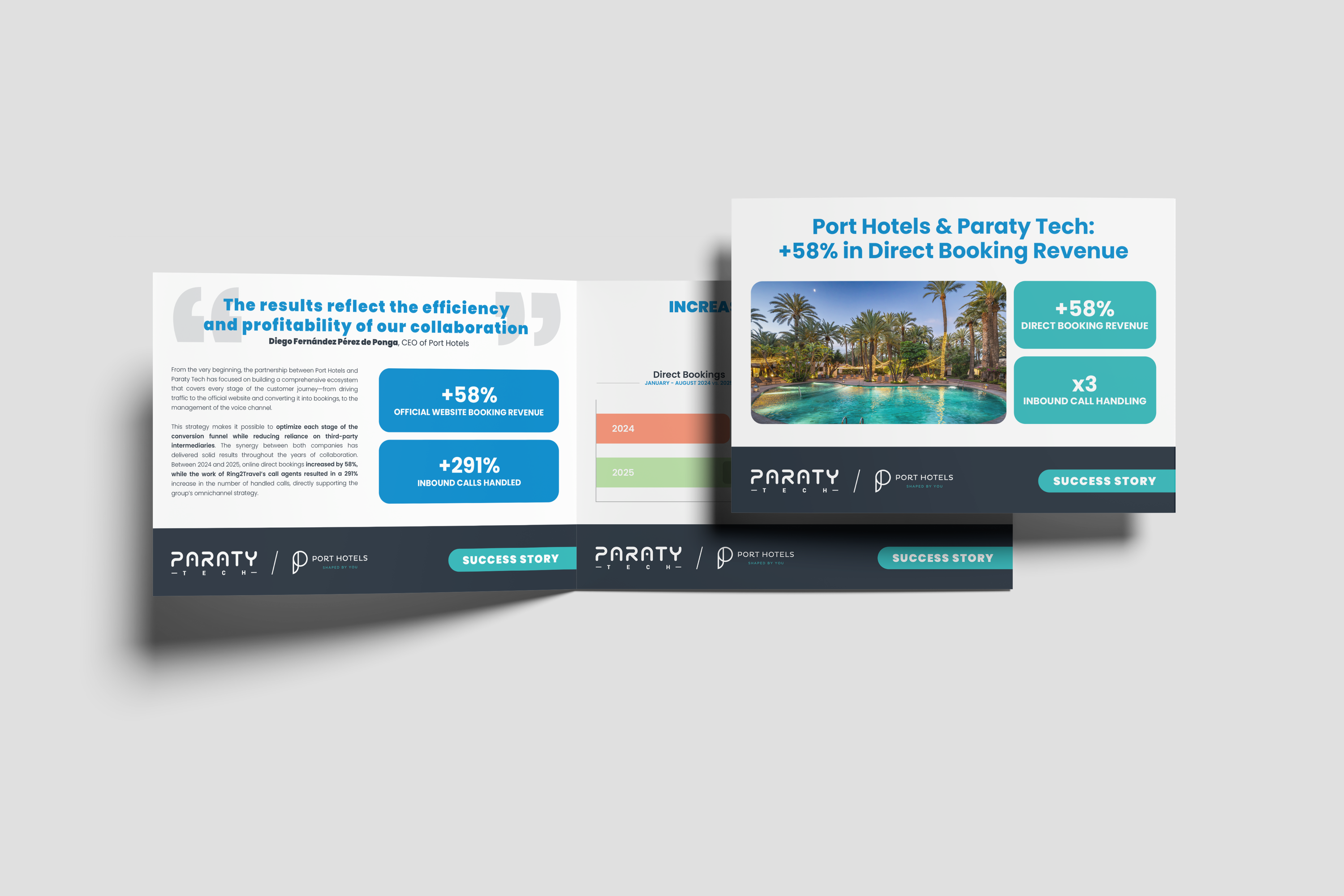Dive into Google Analytics 4: Nothing to Fear, You're Covered
Marketing 23/05/2022GA4 time is coming
Some time ago Google announced the new version of Google Analytics 4 (hereinafter, GA4). However, it has not been until very recently when they have ventured to set and communicate the final date of this migration: on July 1, 2023 Google Analytics Universal (the one of a lifetime, hereinafter GAU) will stop processing data.
The first thing we want to do is invite you to calm down. If you work with us, you don't have to worry or do anything, because we are already on it and there is no possible data loss. In fact, in this article we will tell you the reason for the launch of this new version, the advantages that it brings with it and how we are managing this change of scenery that mainly addresses respect for privacy and the suppression of third-party cookies, a an issue that Chrome has promised to settle once and for all by the end of the year. Nothing will ever be the same again in terms of data analytics and marketing campaign attribution, and GA4 is nothing more than Google's response to a cookieless world, which threatens to steal its advantageous position and hegemony in this field.
Why Google Analytics 4?
Said bluntly, the traditional version, Google Analytics Universal, has become obsolete in its approach. Designed in a context in which the bulk of online traffic came mainly from web pages and desktop devices, its configuration had been designed to count independent sessions, and relied heavily on cookies to carry out its measurements.
Today, the user "travels" through the most varied platforms: web, mobile web, mobile apps, progressive web apps, single page applications... Therefore, the original approach, based on the concepts of "pages", "hits” and “sessions” began to make less and less sense. We could say that GA4 is an update that Google has been practically forced to undertake in order not to be left behind.
Main differences between GA4 and GAU
Two years ago, Google already saw the ears of the wolf and began to develop in GA4 a totally different approach to the one it had been working on, focused, on this occasion, on measuring the traffic of "web + apps", with the aim of offering a much more accurate reading of a user profile whose habits had changed radically.
The most relevant difference refers to a change in the measurement model . While GAU was always supported, as we said, on a model based on user sessions and the hits it generated (page views, events, transactions), GA4 is built around the events themselves . In fact, the event has been established as a unit of measurement , to the detriment of the concepts of "page" and "session", which are already meaningless due to the multiple current sources of Internet traffic, in which the event does allow carry out more effective measurements.
In addition, GA4 incorporates important advances in automatic learning (what is known as machine learning ), favoring much more reliable, precise and revealing predictions and conclusions .
As expected, this structural change is accompanied by a revamped interface , in which the data visualization model experiences a notable qualitative leap.
Summarizing:
- Events replace pages and sessions as the unit of measure.
- Incorporation of advances in machine learning.
- More reliable and accurate predictions and conclusions.
- Revamped interface.
- Qualitative leap in the data visualization model.
Advantages of Google Analytics 4
If Google had just responded to a problem, I think we would all have been pretty disappointed. Fortunately, this has not been the case, and GA4 also brings certain advantages over its predecessor:
- New prediction metrics, such as the probability that a user will convert or stop visiting us.
- Centralization and unification of the measurement of user behavior in web and app environments.
- Greater protection of user privacy.
- Better analysis of the behavior of individual users.
- More facilities to export to Big Query.
- New metrics for measuring user engagement or interaction with our website, such as scrolling, file downloads, etc.
- Easier to manage and measure custom events from GA4 itself.
- More facilities to correct and debug errors in measurements.
How are we proceeding at Paraty Tech?
- Raise awareness : We are investing efforts in highlighting the importance of configuring the GA4 to start recording data now, and have a history in the near future, when GAU stops recording or disappears forever.
- Accommodations with which we already worked : In those accommodations in which we already had the "Web+App" property active and configured, basically there is not much more to do, it could be said that they already have GA4. In those that we had not activated this property, we are gradually configuring a GA4 property, and we will maintain both versions for a recommended prudential period of time.
- New housings : Since GA4 was launched, in all the new housings with which we started to collaborate, the team is configuring both versions by default, GA4 + GAU, in order to enjoy the maximum measurement width while we have this option.
Until when will we have the information from GAU?
Although, as we announced at the beginning of these lines, Google Analytics Universal will cease to exist on July 1, 2023 , Google will continue to keep the historical data of each account for at least 6 more months from that date.
In any case, do not hesitate to tell us about any concerns that may arise in relation to this topic. Your assigned account and our experts will be happy to assist you.

















